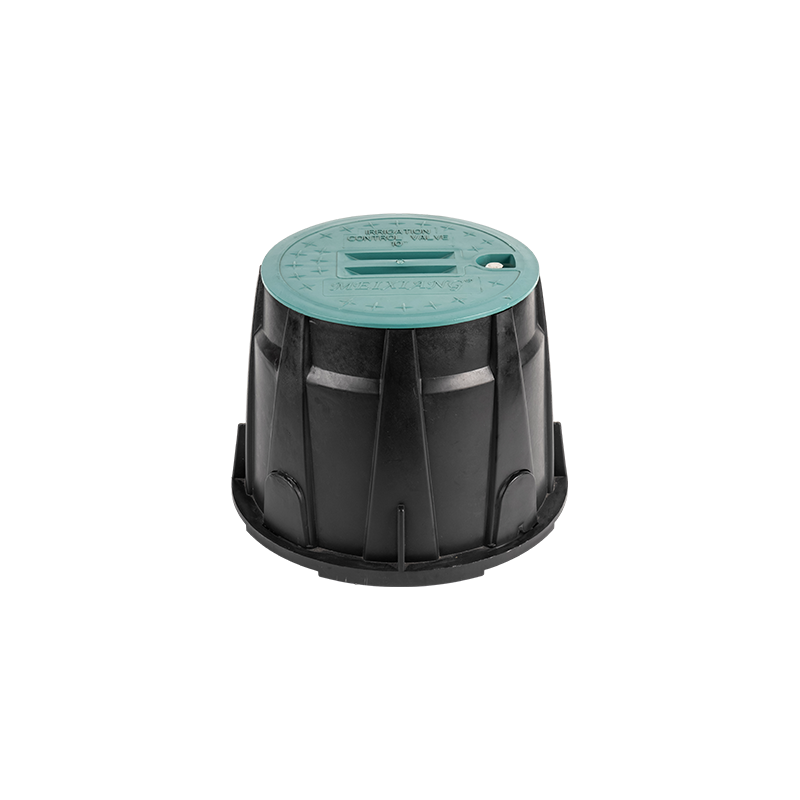 By Admin
By Admin Plastic valve boxes are designed for easy access to valves and other critical components, eliminating the need for extensive excavation when maintenance or repairs are required. This streamlined access is essential for ensuring that any issues, such as leaks or malfunctions, can be identified and addressed promptly. Regular maintenance is vital for optimizing system performance; by enabling quick intervention, valve boxes help prevent small problems from escalating into larger, more costly repairs. Efficient maintenance practices not only preserve the functionality of the irrigation system but also enhance its efficiency by ensuring that water delivery is consistent and reliable.
By housing multiple valves in a single, organized enclosure, plastic valve boxes facilitate better control over different irrigation zones. This organizational structure simplifies the management of water distribution across various areas of a landscape, allowing operators to implement precise irrigation schedules tailored to the specific needs of different plant types and soil conditions. Effective zoning reduces the risk of overwatering and underwatering, leading to optimized water usage. This targeted approach to irrigation contributes to healthier plant growth while conserving water resources, thereby enhancing the overall efficiency of the irrigation system.
Plastic valve boxes are constructed from high-quality, durable materials that offer resistance to corrosion, UV degradation, and physical damage from environmental factors. This durability is particularly important in outdoor settings where exposure to harsh weather conditions can compromise the integrity of less resilient materials. By providing a robust protective housing for valves, these boxes significantly extend the lifespan of both the valves and the irrigation system. Longer-lasting components reduce the frequency of replacements, which can be both costly and disruptive to operations. Consequently, the enhanced durability of plastic valve boxes translates to improved system efficiency and reliability over time.
Many plastic valve boxes are engineered with built-in drainage features that prevent the accumulation of excess water. Proper drainage is crucial for maintaining the functionality of valves, as standing water can lead to corrosion, blockages, and operational failures. By ensuring that water flows freely away from the valves, these drainage systems help maintain optimal working conditions. The result is a more reliable and efficient irrigation system, where water is delivered accurately according to the specific requirements of each irrigation zone. This efficient water delivery minimizes waste and enhances resource conservation.
Plastic valve boxes can help mitigate soil erosion around valve installations by providing a stable and secure environment for valves. By protecting valves from soil movement and reducing the likelihood of sediment buildup, these boxes help maintain the structural integrity of the irrigation infrastructure. Stable soil conditions ensure that water delivery remains consistent and that the risk of leaks or blockages is minimized. By preventing soil erosion, plastic valve boxes also contribute to the long-term efficiency of the irrigation system, as they help maintain optimal water flow and distribution.
Plastic valve boxes often include features for labeling and identifying specific valves and their functions. This capability aids in quick identification and management, enabling operators to locate and adjust valves efficiently. The ability to easily identify valves fosters better communication among team members, ensuring that everyone involved in system management understands which valves control specific irrigation zones. This clarity is essential for optimizing irrigation schedules and improving water delivery precision. By promoting efficient management practices, plastic valve boxes contribute to a more effective and responsive irrigation system.
YR9302 10"round valve box(VB910)
